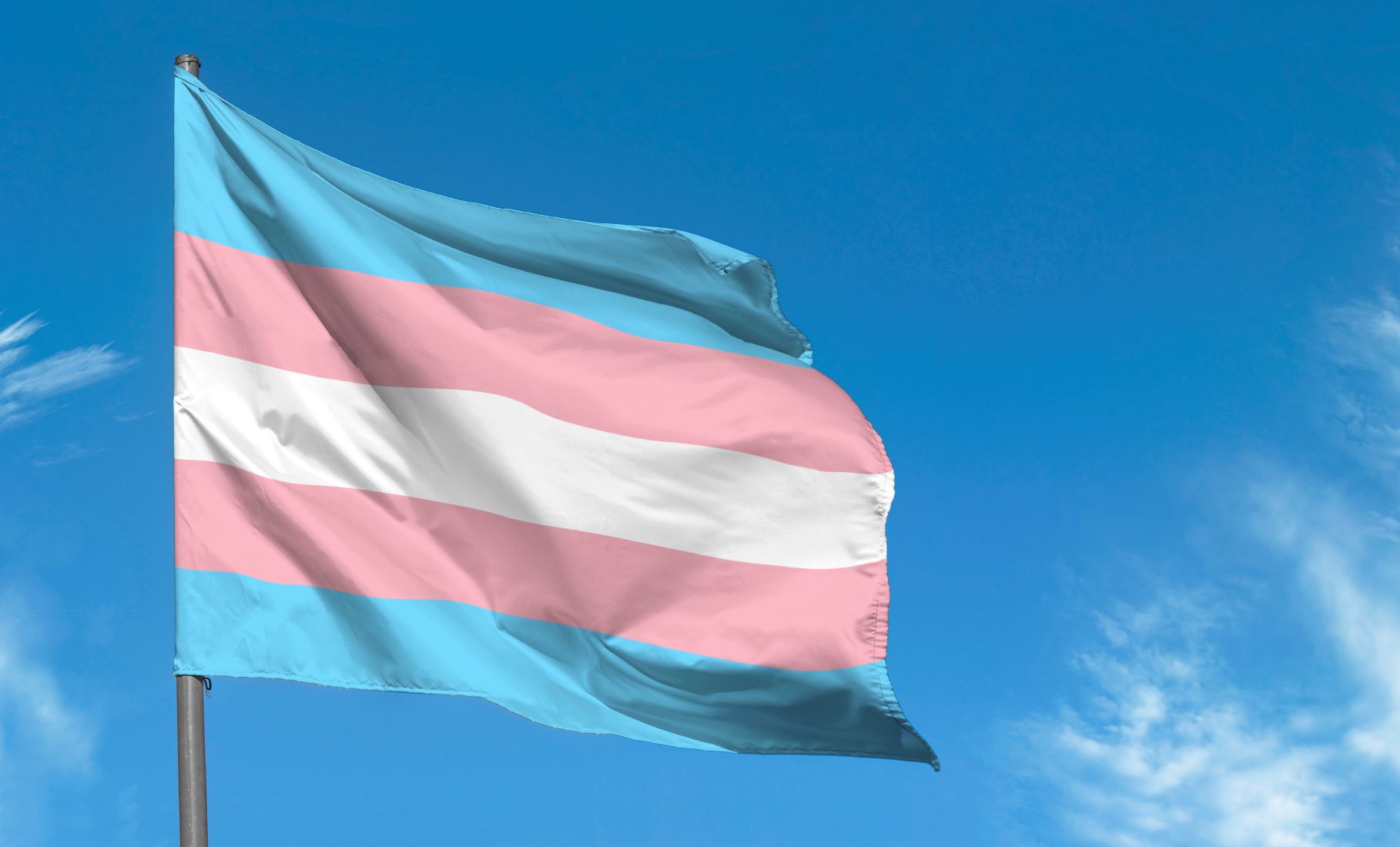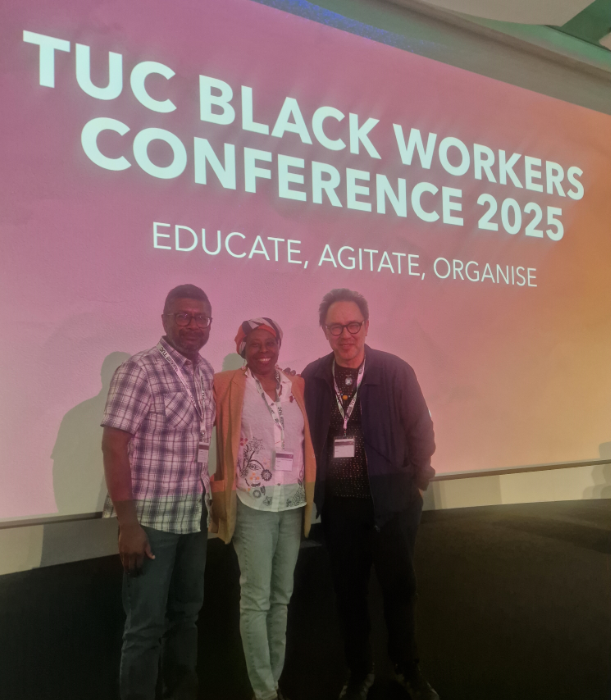Equity has launched a campaign against proposed cuts to Audio Drama on BBC Radio 3. We have joined with the Writers’ Guild of Great Britain and the Society of Authors to launch a petition calling on Tim Davie, Director-General of the BBC, to reconsider these cuts and to save Audio Drama.
Sign the petitionAt the end of 2024, the BBC confidentially informed three creative unions (Equity, Writers Guild of Great Britain and the Society of Authors) that they would be cutting all drama programming on BBC Radio 3. The BBC stated that they have been rebranding Radio 3 as a classical music network.
In their letter to the unions, the BBC acknowledged that BBC Radio 3 is a place for fostering new writing and acting talent. There are around 20 commissions of drama per year, of which half are new writing and adaptations, providing key opportunities for creative talent like actors, audio artists and writers alongside the production teams that make these works.
Commenting Shannon Sailing, Equity Audio and Videogames Official said: “Removing audio drama from Radio 3 with no real, accountable commitment to moving this work elsewhere is a devastating blow to the creative community. It will mean fewer job opportunities for actors and writers, opportunities which historically have given a real platform to people just starting in their careers.
“The BBC have promised that they will use Radio 4 as a platform for audio drama, but these promises are very vague. We expect to see firm commitments, with figures as to how many hours of audio drama they will commit to commissioning.
“We are not willing to sit back and watch idly as audio drama is wiped from the slate of the BBC, especially at a time where audio drama is thriving on podcasting and streaming platforms.
“This won’t be the only action the unions will take. We will push forward this campaign with demonstrations and other member action that we will need your full support with. But for now, signing and circulating this petition to show the BBC how short sighted this decision is, is a vital piece of action you can take.”
Alongside our fellow creative trade unions - the Writers Guild of Great Britain and the Society of Authors – Equity has written an open letter to Tim Davie (Director General of the BBC) and launched a petition for union members and the public to demand that the BBC rethink this decision and give a proper commitment to audio drama.
Please sign and share the petitionFull text of the open letter to Tim Davie (Director General of the BBC):
Dear Tim Davie,
We, the undersigned, are writing to you to express our dismay at the planned changes to Radio 3 drama programming, to urge a rethink and change to this damaging decision, and ultimately to Save Audio Drama at the BBC.
The most recent commissioning brief for Radio 3 has removed all radio drama slots. The removal of Radio 3 drama effectively wipes out the only platform for 90-minute full-length radio plays in the UK, which the BBC has pioneered for years. These 90-minute slots have not only been enjoyed by audiences but have provided work opportunities for many including writers, actors and producers.
While we recognise the financial pressures facing the BBC, we are greatly concerned about the impact of this short sighted decision, as audio drama production is on the rise elsewhere.
One needs only to look at the list of past playwrights who have written for this slot to see its importance for the cultural landscape - Simon Armitage, Sebastian Baczkiewicz, Howard Barker, Neil Bartlett, Alan Bennett, Lolita Chakrabarti, Caryl Churchill, David Greig, Tanika Gupta, Lee Hall, David Hare, Zinnie Harris, David Harrower, Katie Hims, John Hodge, Charlotte Jones, Jackie Kay, Kwame Kwei-Armah, Rebecca Lenkiewicz, Tony Marchant, Linda Marshall-Griffiths, Abi Morgan, Phyllis Nagy, Joe Penhall, Mark Ravenhill, Jack Thorne, Debbie Tucker Green, Roy Williams, Winsome Pinnock, Timberlake Wertenbaker - to name a few. At the same time, Radio 3 offers short slots to new writers through themed or compilation shorts for Drama on 3. Full-cast audio remains cheap to produce in comparison with TV. Audio is a vital area of work for actors at all levels of experience within the industry; new writers work with experienced producers, skilled sound designers and great actors – such as Adjoa Andoh, Lorraine Ashbourne, Simon Russell Beale, Sudha Bhuchar, Simon Callow, Peter Capaldi, Martin Freeman, Richard E.Grant, Toby Jones, Paterson Joseph, Tim McInnerny, Maxine Peake, Timothy Spall, Meera Syal and Samuel West - whose expertise they would rarely access at a similar career stage elsewhere.
BBC Radio 3 audio drama fuels the eco-system of British drama, and the removal of these opportunities will be a devastating loss for writers and actors alike. Combined with the sense that slots are diminishing on Radio 4, the complete loss of Radio 3 drama is catastrophic. The only beneficiary of these cuts are large commercial US platforms such as Audible, allowing them to keep rates low and ignore the high contractual standards set by the BBC which are often used as a benchmark within the wider audio drama industry. It also seems like a huge missed opportunity with new writing and audio commissions from BBC Radio 3 providing content for podcasts and content for BBC Sounds, keeping the BBC current and moving with the tide of how people are consuming audio.
As the BBC states in its mission, values and public purposes as a public service broadcaster, its priority is to show the most creative, highest quality and distinctive output and services, including taking creative risks to develop fresh approaches and innovative content. Moving away from original scripted Audio Drama seems to be actively going against this statement. The BBC has so far been a place for experimental new writing, giving opportunities to new creatives, from writers to performers, to showcase their talent on the BBC and as such it has provided unique and important employment opportunities for creative professionals. The BBC in this sense has also provided an invaluable platform for these creative workers to learn their craft. We have a grave concern that the cuts to BBC 3 Audio drama and audio work is only a small part of the story. There have already been cuts over the years to the number of actors engaged as BBC Radio Drama Company/rep actors, with now just a few engaged on the rep.
For Radio 3, audio drama is a natural companion to music programming. Many Radio 3 dramas blend genres through spoken word, poetry or feature live music performance or are about specific pieces of music or composers. Just as the National Theatre in London sits alongside music venues and galleries and shares talent and expertise across the artforms, so Radio 3 drama has been the ‘National Theatre of the Airwaves’. No matter where in the country or in the world you are, one can access shared appreciation of music and drama in the same place. This is surely at the heart of the BBC’s mission as the keystone in not only the nation’s cultural heritage, but also to its cultural future.
The creative trade unions that represent the workers that create this art and content for BBC Radio 3, have been given repeated assurances about the BBC's commitment to audio drama with explicit promises of greater investment, but have not yet seen that commitment translated into the action needed to develop and support the next generation of audio writers and performers. We would like to seek some concrete commitments from the BBC as to how many hours of scripted audio drama will be commissioned going forward across BBC radio channels and audio platforms.
We urge the BBC to reconsider the planned cuts to Radio BBC 3 Audio Drama, and to work with the creative community to find alternative ways to preserve this vital art form and employment opportunity.
Save Audio Drama at the BBC“




